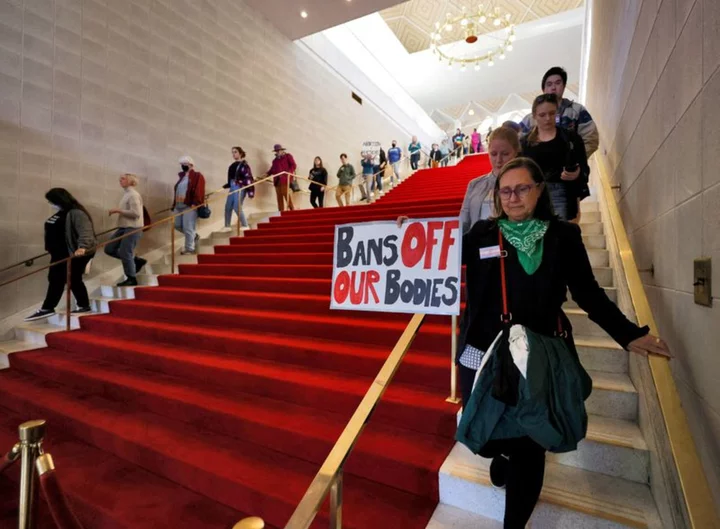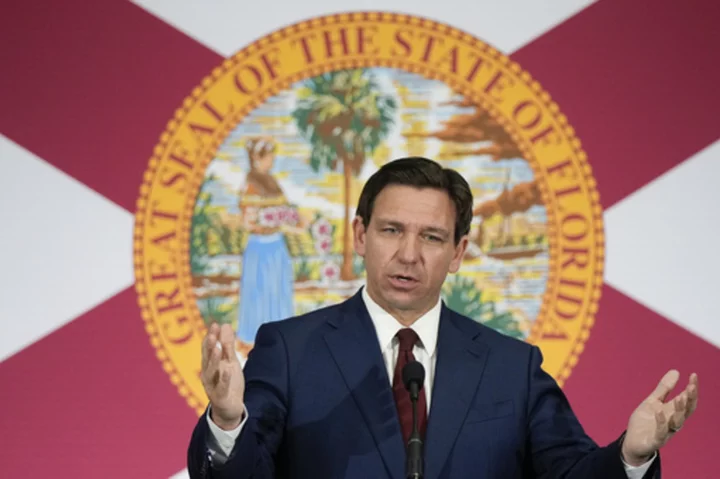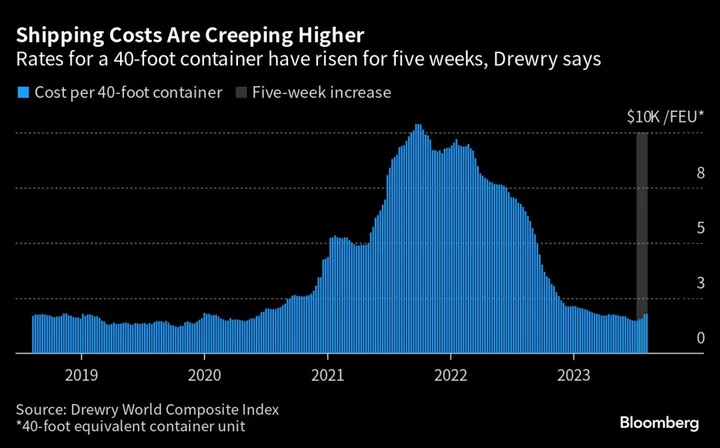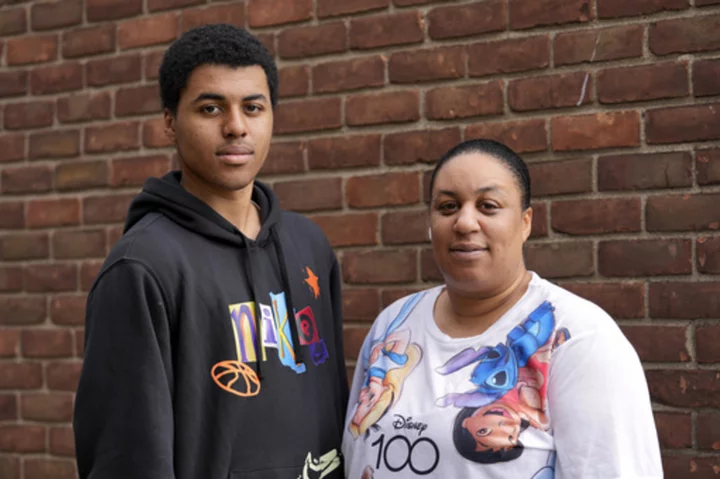By Julia Harte
North Carolina Democratic Governor Roy Cooper said he would hold a rally on Saturday to highlight his planned veto of a bill that would ban most abortions after 12 weeks, a move the state's Republican-controlled legislature is expected to quickly vote to override.
The measure would cut the window for most abortions in the state back from 20 weeks and curtail access to the procedure for millions of women across the U.S. south.
Republicans have a supermajority in both legislative chambers and will likely override Cooper's veto, allowing the bill to become law.
Cooper announced on Twitter that he would hold the rally on Saturday in Raleigh, the state capital. He spent the week traveling across North Carolina to raise awareness about impacts of the bill, urging Republican lawmakers who previously expressed support for reproductive rights to allow his veto to stand.
"All we need is one Republican in either chamber," Cooper said at a Tuesday event in Mecklenburg County, where a formerly Democratic state lawmaker recently switched parties, giving the Republicans their veto-proof majority.
Anti-abortion groups Susan B. Anthony Pro-Life America and North Carolina Values Coalition launched a digital campaign in response to Cooper's tour, with online ads accusing him of bullying the lawmakers and urging voters to stand by them.
The bill whizzed through the legislature in fewer than 48 hours in early May, drawing criticism from Democrats and abortion rights supporters who urged a period of lengthier analysis and debate typical for such legislation.
The measure would ban elective abortions after the first trimester, except in cases of rape, incest, life-limiting fetal anomalies and medical emergencies.
It would also require doctors to be present when abortion medication is given and those seeking medical abortions to have an in-person consultation with a doctor 72 hours before the procedure. That would make it more difficult for out-of-state abortion seekers to obtain the service in North Carolina.
Republican lawmakers called the bill "common-sense legislation" that represented a compromise that stopped short of the more restrictive bans opposed by a majority of U.S. voters.
The bill includes funding for foster and child care as well as paid parental leave.
Democratic opponents called it "devastatingly cruel," and said it would force women into seeking illegal abortions.
Near-total abortion bans have taken effect in 14 states since the U.S. Supreme Court revoked federal abortion rights in June 2022, according to the Guttmacher Institute, an abortion rights advocacy research group.
Abortions in North Carolina rose by 37%, more than any other state, in the first two months after the ruling, according to a study by the Society of Family Planning, a nonprofit that promotes abortion rights and research.
(Reporting by Julia Harte; Editing by Colleen Jenkins and David Gregorio)









